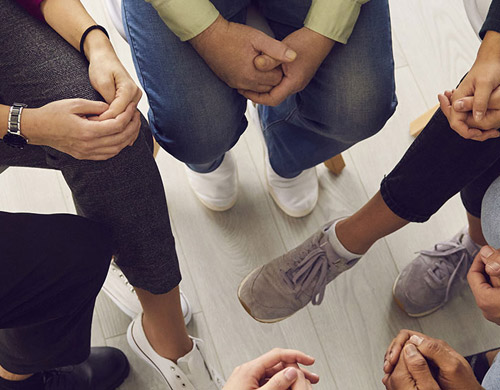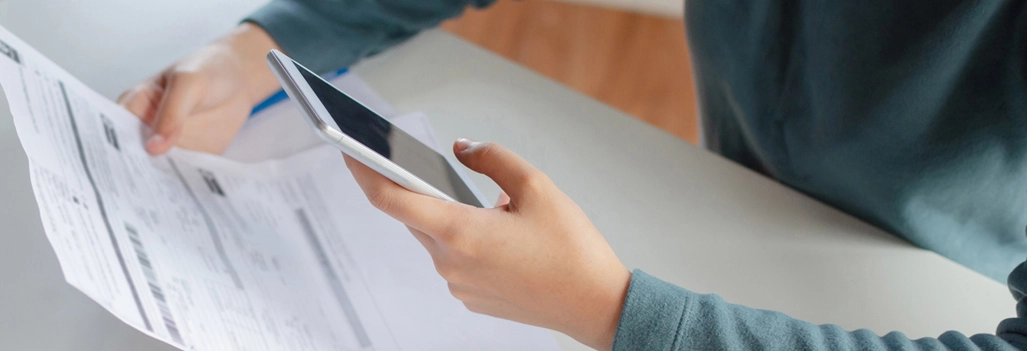Drug and alcohol dependence are difficult to address when they affect you or someone you care about. Through proven rehabilitation therapies, substance dependence can be treated for long-term abstinence.
Our Guide will detail how integrating addiction treatment methods can enable a sober future for you or a loved one.
What is Addiction Rehab (Rehabilitation)?
The term substance ‘rehabilitation’ is applied to all of the medical and psychological treatments used to help individuals who are struggling with dependencies on prescription drugs or illegal drugs.
Rehab treatments are valuable when they are personalized to your lifestyle needs, and may encompass residential programs, outpatient programs, medical detoxes and aftercare support programs.

Facts & Statistics about Addiction in Monterey County
Prevalence of Substance Use Disorder, by Drug Type
(IN THOUSANDS)
- 2,7578.5%Any Substance
- 2,0886.4%Alcohol
- 1,0683.3%Ilicit Drugs
- 2060.6%Pain Medication
Drug- and Alcohol-Induced Deaths by Age Group, California, 2016
- Alcohol-Induced
- Drug-Induced
- 18 to 250.5
- 9.6
- 26 to 354.3
- 13.9
- 36 to 6424.2
- 22.9
- 65+23.7
- 9.4
Drug Use, by Selected Type and Age Group California, 2015 to 2016
- 12 to 17
- 18 to 25
- 26+
- Marijuana*13.2%
- 34.0%
- 13.5%
- Misuse of Pain Medications3.5%
- 8.0%
- 4.3%
- Cocaine0.8%
- 7.2%
- 1.8%
- Heroin0%
- 0.4%
- 0.2%
What are the treatment options available in Monterey?
By integrating treatments, the primary causes of drug addiction can be explored and treated. It is necessary to treat the symptoms of addiction, but coping strategies need to be considered, in order for you to cope with the problems that lead to the drug or alcohol dependency.

Private Residential Programs
Staying at a rehab center and obtaining all of your treatments there is called being in a residential rehab program. One of the key pros is access to 24/7 treatment and support. When you leave your home and move into a rehab facility, you can free yourself from vulnerabilities to stressors that influenced your decision to abuse drugs or alcohol.
You are less susceptible to relapse when you finish your rehab program in a controlled facility where the environment is supportive.
Inpatient addiction treatment programs are useful for patients with serious drug and alcohol dependencies, co-occurring illnesses or dual diagnosis.
Recovery from addiction is possible if you partake in a residential treatment program, however if you expect to maintain sober living you are going to need to face up to the difficulties that are associated with the first few months of recovery. After your residential program, you need to consider what you’d like from your new life, as you transition to becoming more independent.
Do You Need Help?
We work together towards sobriety.

Sober Living Programs
You can learn the skills necessary to exercise control over your life by participating in a sober living program, which will support you through the early stages of recovery. This can be achieved by:
- A house manager checking in on you daily
- Setting the boundaries for acceptable behavior in recovery
- Receiving guidance and companionship from other individuals who share similar challenges
Outpatient Programs
Outpatient addiction treatment programs are considered to be flexible and allow you to have therapy at the treatment facility while you maintain your work or life commitments.
Outpatient programs offer support through:
- Education about substance use disorders
- Therapeutic support and counseling in the form of group therapy or one-to-one interventions – The duration of an outpatient program is customized to your situation and lasts between three months to more than a year.
Detox Only Programs
By going through medical detoxification you can rid the substance from your body in a safe way and put an end to to physical dependence. You typically undergo withdrawal symptoms as a natural reaction to the absence of the substance in your body.
Once you tackle the difficult phase of physical withdrawal you will enter the second part of your recovery journey, working on the underlying causes of your dependency in order to put a stop to the cycle. A lot of substances result in temporary cravings and withdrawal symptoms after you have been through the detox phase. Your odds of relapsing can be reduced as you learn the important skills required to cope with your new life.
Paying for Private Treatment
Private treatment have to be settled yourself or claimed via your healthcare policy. A good selection of health insurance providers offer cover for some rehab, which includes detox, the rehab treatment program, medical supplies and aftercare and support. The type of cover offered will change depending on the agreement details of your policy and your provider’s.
Before taking part in a treatment program, you should always check how much cover you claim for. By visiting our Verify Your Insurance page, you can find out what cover you are entitled to.
If you choose not to claim against your private health insurance, you must pay for your rehab directly. Some rehab facilities include payment options to clients so that they can pay for treatment in instalments.

State Funded Programs
If you want to address your substance or alcohol addiction but due to limited resources cannot pay for private treatment, you should consider a state-funded rehabilitation program.
By using funds available from Medicaid and federal/state budgets, these sorts of programs can subsidize your recovery with:
- Programs for a safe detox (medically-assisted if required.
- Rehab treatments and aftercare support services
If you do not have a private healthcare policy or you live in a low income household, you may apply for a state-funded treatment program. You can expect to provide:
- Proof of residence
- Proof of income
- Details about your addiction from your medical history and details about your drug or alcohol problems
- Evidence that you can stay in the US legally
Visit https://www.grants.gov/ for further details about the application process.
This pdf document has contact details for your state agency.
The following state-funded addiction rehab programs are available in Monterey:
Community Hospital of the Monterey Peninsula/Recovery Center Services
576 Hartnell Street,Suite 300 , Monterey, CA 93940
831-373-0924
https://www.montagehealth.org/Beacon House
468 Pine Avenue, Pacific Grove, CA 93950
831-372-2334
https://www.gatewayfoundation.org/Community Human Services Outpatient Treatment Center Monterey
2560 Garden Road,Suite A , Monterey, CA 93940
831-658-3811
https://chservices.org/
Maintaining Addiction Recovery in Monterey
You may find some initial difficulties in the early stages of recovery. The rehab environment was controlled and safe, and you were given professional support. When you depart rehab there will be some new challenges that you will have to learn to cope with. Clients who had severe dependencies find long term recovery more difficult when they leave rehab if they do not have a social support structure. If you don’t have aftercare support or guidance in the initial stages of recovery, relapse can occur.
The following AA/NA meetings are available in Monterey:
AA - Birthday Meeting Last Saturday
Birthday, Open, Speaker and Wheelchair Access:
699 Larkin Street, Monterey, CA, 93940
Saturday: 7:00 pm – 8:00 pm
https://alcoholicsanonymous.com/AA - Come As You Are Monterey
Open and Wheelchair Access: 519 Hartnell Street, Monterey, CA, 93940
Sunday: 6:45 am – 7:45 am
https://alcoholicsanonymous.com/NOON Seaside Land Noon Group
OPEN: 1030 Hilby Avenue, Seaside, CA 93955
Monday: 12:00 PM
http://www.monterey-sbna.org/meetings.html
Aftercare & Alumni Programs
An aftercare program is a resource to support your recovery when you go back to your daily life. Up to 60% of clients in recovery will relapse due to unpredictable life challenges, taking part in aftercare can boost your chance of staying sober.
Once you are near completion of your rehab program you should think about the counseling and therapies most beneficial to long-term sobriety and an aftercare program will be created to help you. Alumni programs are a great benefit to completing treatment and gives you community based support with ex-clients and staff.
You can attend team events, participate in various initiatives, build relationships, and receive advice from other members in recovery. You may feel encouraged to pay the favor forward, by offering your support to other active members in recovery.
Support Groups (Fellowship Meetings)
Support groups enable long-term recovery because they recognize the important role that social structures play in supporting addiction recovery. By joining a group like Narcotics Anonymous or Alcoholics Anonymous, you will follow the 12 steps and attend regular meetings for ongoing support.
At support group meetings, you will share and learn from the experiences of others. Many people in recovery attend nearby meetings to help them in the early and later stages of addiction recovery. Support groups provide them with the necessary tools tools to stay away from substances, and allow them to take responsibility for their actions to themselves and others.

Support for Families & Children Affected by Addiction
Some people living in an addicted household are impacted more than others. It’s not only the person with the dependency who is hurt, the other members of the family need support as well.
Family support groups teach you and your loved ones important coping tools for your own life and help you to offer more support to the person who has the dependency. Your family will benefit from support groups including:
- Parents of Addicted Loved Ones
- SMART Recovery Family & Friends
- NAMI Family Support Groups
- Al-Anon
- Families Anonymous
- Alateen
- Nar-Anon










